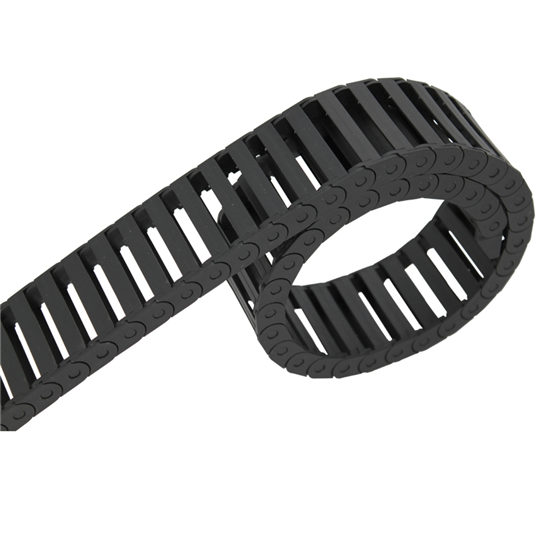dust cover bellows
Understanding Dust Cover Bellows Importance and Applications
Dust cover bellows are essential components used widely in industrial machinery and equipment to protect sensitive parts from contaminants. These flexible coverings serve as barriers against dust, dirt, moisture, and other potentially harmful substances that could affect the performance and longevity of machinery. In this article, we will explore the significance of dust cover bellows, their construction, applications, and considerations for choosing the right type.
What are Dust Cover Bellows?
Dust cover bellows are typically made from flexible materials such as rubber, polyurethane, or fabric. They are designed to expand and contract, accommodating the movement of machinery parts while maintaining a protective enclosure. The construction often involves layers of these materials to enhance durability and resistance to wear and tear. Bellows can come in various shapes and sizes, tailored to fit specific machinery needs.
The Importance of Dust Cover Bellows
1. Protection Against Contaminants The primary function of dust cover bellows is to shield sensitive mechanical components from dust, dirt, and other environmental debris. In many industrial settings, exposure to these contaminants can lead to premature wear, corrosion, or malfunction of critical parts.
2. Maintenance Reduction By preventing dirt and moisture ingress, dust cover bellows significantly reduce the need for maintenance and repair. This not only saves time and resources but also improves the operational efficiency of machinery.
3. Increased Lifespan of Equipment Regular exposure to contaminants can shorten the lifespan of machinery. By utilizing dust cover bellows, companies can enhance the durability of their equipment, ultimately leading to a lower total cost of ownership.
4. Versatility Dust cover bellows are versatile and can be used in a variety of applications, ranging from CNC machines to robotics and automotive components. Their flexibility and adaptability make them suitable for different environments and types of machinery.
Applications of Dust Cover Bellows
Dust cover bellows find use in numerous industries, including
1. Manufacturing In manufacturing environments, machines such as lathes, milling machines, and CNC routers often employ dust cover bellows to protect their moving parts from dust and debris generated during operations.
dust cover bellows

2. Automotive In the automotive industry, bellows are used to protect braking systems, suspension components, and steering systems from contaminants, thereby ensuring safe and reliable vehicle performance.
3. Aerospace The aerospace sector uses dust cover bellows to protect sensitive equipment in harsh environments, where exposure to dust and debris can have critical consequences.
4. Robotics In robotics, bellows are used to protect joints and actuators, ensuring that these mechanisms remain free from contaminants that could impede their functionality.
5. Construction Equipment Heavy machinery in construction often relies on dust cover bellows to shield hydraulic cylinders and other components from dirt, moisture, and grime, which are prevalent in harsh outdoor conditions.
Choosing the Right Dust Cover Bellows
When selecting dust cover bellows, several factors should be considered to ensure optimal performance
1. Material The choice of material depends on the specific application and environmental conditions. For example, rubber may be suitable for some applications, while polyurethane might be more appropriate for applications requiring greater durability.
2. Size and Shape The dimensions of the bellows must match the specific machine parts they are meant to protect. Accurate measurements ensure a proper fit, maintaining the protective barrier.
3. Temperature and Chemical Resistance Depending on the operating environment, it is crucial to consider the temperature ranges and chemical exposure the bellows will encounter. Ensuring compatibility can prevent premature failure.
4. Flexibility and Stretch The ability of the bellows to stretch and compress without losing their protective attributes is essential, particularly in dynamic applications where parts are constantly moving.
Conclusion
In conclusion, dust cover bellows are vital for safeguarding machinery against contaminants in a wide array of industries. Their role in extending the lifespan of equipment, reducing maintenance costs, and ensuring optimal performance cannot be overstated. By understanding their importance and selecting the right type, businesses can enhance efficiency and reliability, leading to greater productivity and reduced operational challenges. Whether in manufacturing, automotive, aerospace, robotics, or construction, investing in high-quality dust cover bellows is a smart move for any organization aiming for long-term success.








